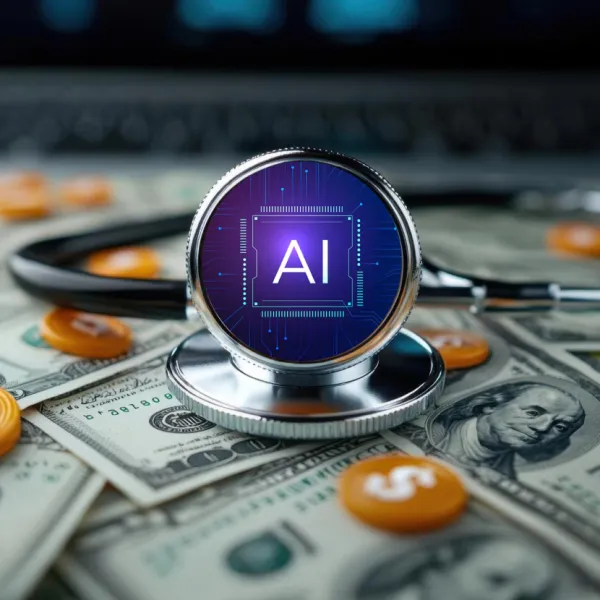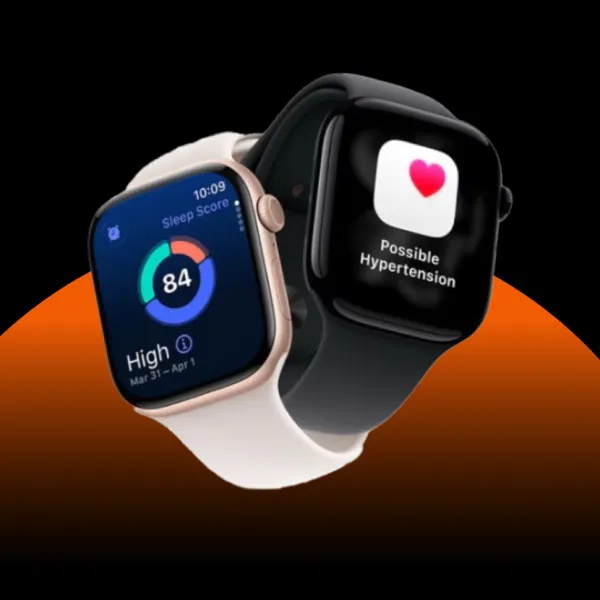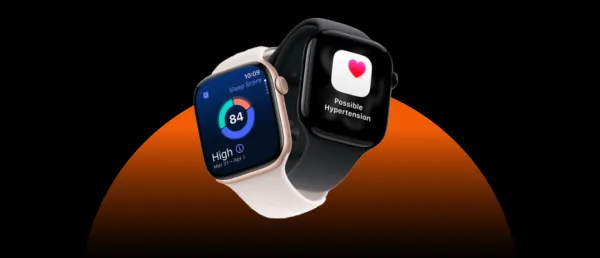AI Tool Detects Prostate Cancer 7% More Frequently than Radiologists: Study

The study’s methodology included a comparison of AI results with radiologist assessments and a gold standard involving long-term patient outcomes, with an average follow-up of five years.
A recent study revealed that AI systems detect prostate cancer approximately 7% more frequently than radiologists while reducing false positives by 50%.
This reduction in false alarms could potentially halve the number of unnecessary biopsies performed.
An international study coordinated by Radboud University Medical Center and published in The Lancet Oncology has demonstrated that an AI model for detecting prostate cancer performs with comparable proficiency to experienced radiologists.
This large-scale research is the first of its kind to transparently evaluate and compare AI assessments with radiologist evaluations and clinical outcomes.
Project leaders Henkjan Huisman, an AI expert, and radiologist Maarten de Rooij spearheaded a global competition involving over 200 AI teams and 62 radiologists from 20 countries.
They analyzed over 10,000 MRI scans, combining the top AI submissions into a super-algorithm for assessing prostate cancer.
The study’s methodology included a comparison of AI results with radiologist assessments and a gold standard involving long-term patient outcomes, with an average follow-up of five years.
The AI model offers support to radiologists by providing more accurate diagnoses and minimizing unnecessary procedures.
However, Huisman acknowledges societal skepticism toward AI, citing instances where subpar AI systems have been developed.
He advocates for a public, transparent evaluation process and a quality management system akin to those in the aviation industry to build trust and ensure continuous improvement in AI technology.
Huisman aims to establish a robust system that learns from mistakes to enhance AI’s role in healthcare, ultimately making it more reliable and efficient.
In a similar development, researchers at USA’s National Institutes of Health (NIH) developed an AI tool that can predict how cancer patients will respond to immunotherapy.
According to the researchers, the AI tool uses routine clinical data, such as that from a simple blood test, to predict whether someone’s cancer will respond to immune checkpoint inhibitors.
Further, the machine-learning model helps doctors determine if immunotherapy drugs effectively treat a patient’s cancer.
Stay tuned for more such updates on Digital Health News





























